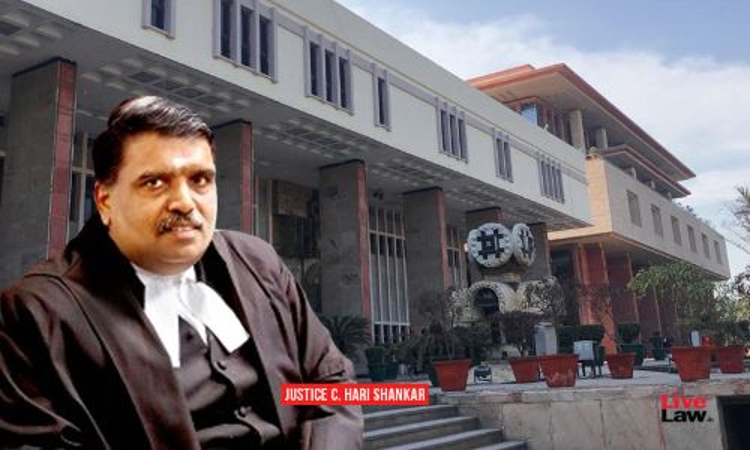Rewriting Commercial Contractual Terms Is Fatal To An Arbitral Award: Delhi High Court
Parina Katyal
22 Oct 2022 9:45 PM IST

Next Story
22 Oct 2022 9:45 PM IST
The Delhi High Court has ruled that where the parties agree to enter into a mutual consultation in the future, for making amendments to an original agreement, the same would only constitute an "agreement to agree", which is not enforceable in law. The Court held that the finding of the arbitral tribunal that though the amendment contemplated by the "Amendment to the Share...
